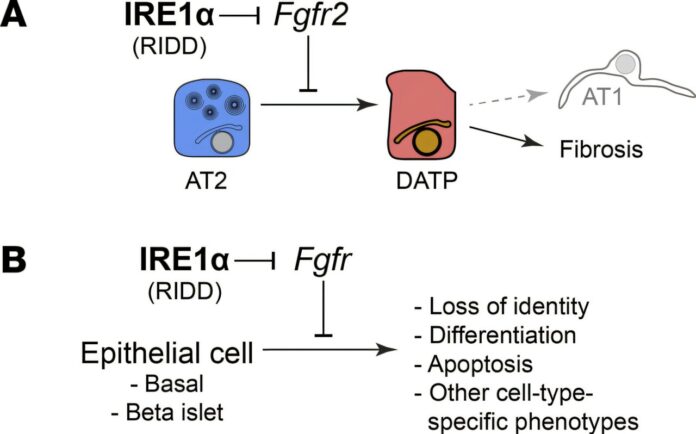Cancer remains one of the most complex diseases, with its diverse molecular profiles and cellular compositions posing significant challenges for treatment. Traditional methods of cancer research, such as two-dimensional cell cultures and animal models, often fail to capture the full complexity of human cancers, particularly the three-dimensional structures and microenvironmental interactions of solid tumors.
This gap has fueled the need for more advanced models that can accurately mirror the genetic and phenotypic diversity of tumors, driving the development of sophisticated tumor modeling techniques.
A team of researchers from Henan Provincial People’s Hospital and the Academy of Medical Science compared mechanical dissociation and enzymatic digestion for generating patient-derived organoids (PDOs), emphasizing the importance of maintaining the tumor microenvironment, which mechanical dissociation preserves more effectively. This method retains the tumor’s architecture and cellular heterogeneity, essential for accurately modeling human cancers.
In contrast, enzymatic digestion disrupts the native tissue environment but yields a more homogeneous cell population, ideal for large-scale drug screening due to its reproducibility and controllability.
Additionally, the authors highlight the influence of these techniques on organoid properties such as stemness, differentiation potential, and tumor heterogeneity—factors that are crucial for the development of personalized medicine, and explore the implications for long-term organoid culture, which is vital for understanding tumor evolution, drug resistance, and metastasis.
These findings, published in the journal Cell Organoid, are set to shape the future of organoid-based cancer models and deepen our understanding of tumor biology.
Dr. Haijun Li, the corresponding author of the study, comments, “Our article offers new insights into the intricacies of mechanical and enzymatic dissociation methods, providing researchers with a valuable guide to selecting the best tissue dissociation strategy for their specific research goals. This will help advance the field of organoid-based cancer models.”
The review on tissue dissociation techniques is poised to make a significant impact on oncology research, especially for solid tumors. By refining organoid derivation methods, scientists can create more accurate cancer models, enhancing drug screening processes and paving the way for more personalized and effective treatment strategies.
This advancement could revolutionize cancer therapy, potentially leading to better patient outcomes through treatments tailored to individual tumor characteristics and therapeutic responses.
More information:
Jing Ren et al, The pros and cons of mechanical dissociation and enzymatic digestion in patient-derived organoid cultures for solid tumor, Cell Organoid (2024). DOI: 10.26599/CO.2024.9410009
Provided by
Tsinghua University Press
Citation:
Unraveling the impact of solid tumor dissociation methods (2025, January 17)
retrieved 20 January 2025
from https://medicalxpress.com/news/2025-01-unraveling-impact-solid-tumor-dissociation.html
This document is subject to copyright. Apart from any fair dealing for the purpose of private study or research, no
part may be reproduced without the written permission. The content is provided for information purposes only.


